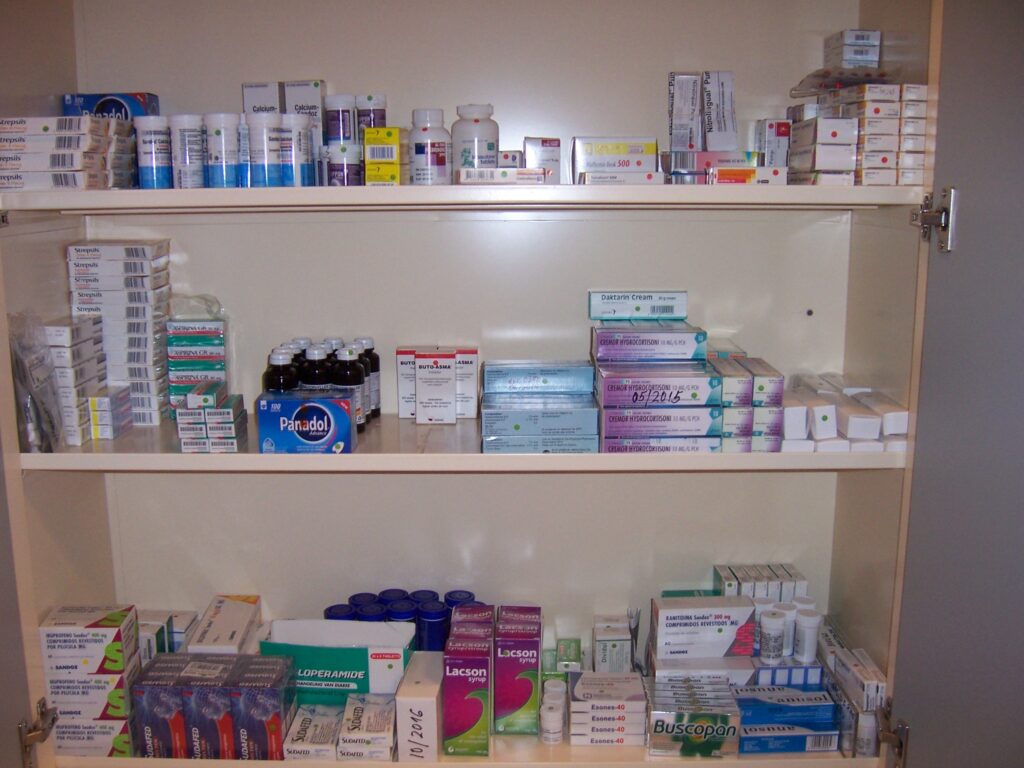Prescription Drug Alternatives: Enhancing Healthcare Through Diverse Choices – Healthcare today isn’t solely reliant on conventional prescription drugs. There’s a growing interest in exploring alternative approaches to address various health concerns. These alternatives span from natural remedies and lifestyle modifications to technological innovations and ancient practices. Understanding the landscape of prescription drug alternatives is pivotal in fostering holistic wellness.
Prescription Drug Alternatives: Enhancing Healthcare Through Diverse Choices

Introduction to Prescription Drug Alternatives
In this modern era, the quest for options beyond traditional medications is gaining momentum. The need arises from concerns about side effects, dependencies, and seeking more personalized approaches to health management.
Natural Remedies vs. Synthetic Medications
One of the primary comparisons involves natural remedies versus synthetic medications. While prescription drugs have their place, natural alternatives often offer reduced side effects and a more gentle impact on the body.
Lifestyle Modifications as Alternatives
Simple yet impactful changes in lifestyle, such as dietary adjustments and regular exercise, wield significant influence over health conditions, potentially reducing the need for certain medications.
Supplements as Prescription Alternatives
Vitamins, minerals, and herbal supplements have increasingly been used as alternatives or complementary aids in managing various health issues, offering promising results in many cases.
Herbal Medicine and Its Efficacy
Herbal remedies, backed by centuries of practice, are gaining attention for their efficacy in treating ailments, supported by ongoing research and evidence.
Acupuncture and Alternative Therapies
Holistic approaches like acupuncture and other alternative therapies are being integrated into treatment plans, providing relief for specific conditions.
Mind-Body Techniques for Health
Mindfulness practices such as meditation and yoga aren’t just relaxation tools; they’ve become integral parts of managing various health conditions.
Prescription Alternatives for Mental Health
Therapies, counseling, and stress management techniques offer viable alternatives or supplements to pharmaceuticals in addressing mental health concerns.
The Role of Technology in Alternative Medicine
Technological advancements, including apps and digital platforms, are facilitating the accessibility and integration of alternative practices into daily life.
Challenges and Considerations
Despite their benefits, alternative treatments come with limitations and risks. Consulting healthcare providers remains crucial to ensuring safety and efficacy.
Case Studies and Success Stories
Real-life examples showcasing the effectiveness of alternative approaches underline their significance and impact on individuals’ lives.
Future Trends in Prescription Alternatives
Innovations continue to shape the landscape of prescription alternatives, paving the way for a more diverse and personalized healthcare approach.
Community Perspectives and Acceptance
Cultural influences and societal perceptions significantly impact the acceptance and adoption of alternative healthcare practices.
Regulatory Framework and Safety Standards
Regulations governing alternative treatments aim to maintain safety standards and protect consumers’ well-being.
Conclusion
The world of prescription drug alternatives offers a diverse array of choices for holistic health. Embracing these options while being informed empowers individuals to take charge of their well-being.
FAQs about Prescription Drug Alternatives
- Are alternative treatments completely safe?
- How do lifestyle modifications affect medication needs?
- Can alternative therapies replace conventional medications entirely?
- What role does scientific research play in validating alternative treatments?
- Should I discuss alternative options with my healthcare provider?




